Why are we so concerned with maxing out?
I really want you to think about that for a moment. Why does your average person concern themselves with how much weight that can lift a single time?
Unless you compete in powerlifting or Olympic lifting your max attempt doesn’t really matter. So why does the average trainee concern themselves so much with this?
(Before we go further, I must tell you I am guilty of this in a big way.)
Part of it has to do with exposure. Power and Olympic lifters do that in competition. They’re strong, so we think we need to do the same. I bet if we had competitions in max weight for ten reps more people would be doing that.
Part of it has to do with ego. To lift the most amount of weight you’ll only be able to do a single. Oh, how we love to see those numbers get higher and higher. And how we enjoy comparing our numbers to those of others.
Part of it has to do with fun. And this is alright. If you enjoy singles all the more power to you, just like if you enjoy running long distance? But is that necessarily the best way to train?
Let’s say you can’t get over the ego-trip and want to be able to put up the most weight for one rep even if you don’t compete. Should you only do singles of ever increasing weight in order to increase your max? Anyone who has tried that knows that you’ll get so far in the beginning before hitting a plateau.
But the SAID principle says you need to do exactly what you want to be doing. Does that mean struggling for and even missing reps is going to get you there?
Instead let’s look at a different way. Let’s look at a little mathematical physics equation. Cast your mind back to your high school days with me.
 F = MA
F = MA
This is an easy formula. Force equals Mass times Acceleration.
Strength is movement against a resistance. The ability to move (accelerate) a weight (mass). How good you are at this is the force you can produce.
When you lift a max attempt you are encouraged to lift as fast as possible, however this turns out to be quite slow. Your force output is just enough to accelerate the weight barely past gravity’s hold.
Let’s take a lighter weight instead. With this weight you can just about lift it as fast as you can move. Although the mass is lighter the acceleration is much higher. Does this equal more force production?
I’ll leave the mathematically inclined to plug real numbers into that equation to find the results.
Now I’m not going to stop doing singles, cause I enjoy them and I may compete some day. But I am doing more with lighter weights were I can move as fast as possible. Seeking to accelerate those weights.
Sure there is a time for slower movements but in general faster is the way to go.
After all there is the idea that I first heard from one of the oldtime strongman’s books, though I can’t recall which one. There is a difference between an exercise and a lift. One you use to train to get stronger the other you do to demonstrate your strength.
Now I’m off to go do some fast exercises. In the words of Ricky Bobby, “I wanna go fast!”
In strength,
Logan Christopher

